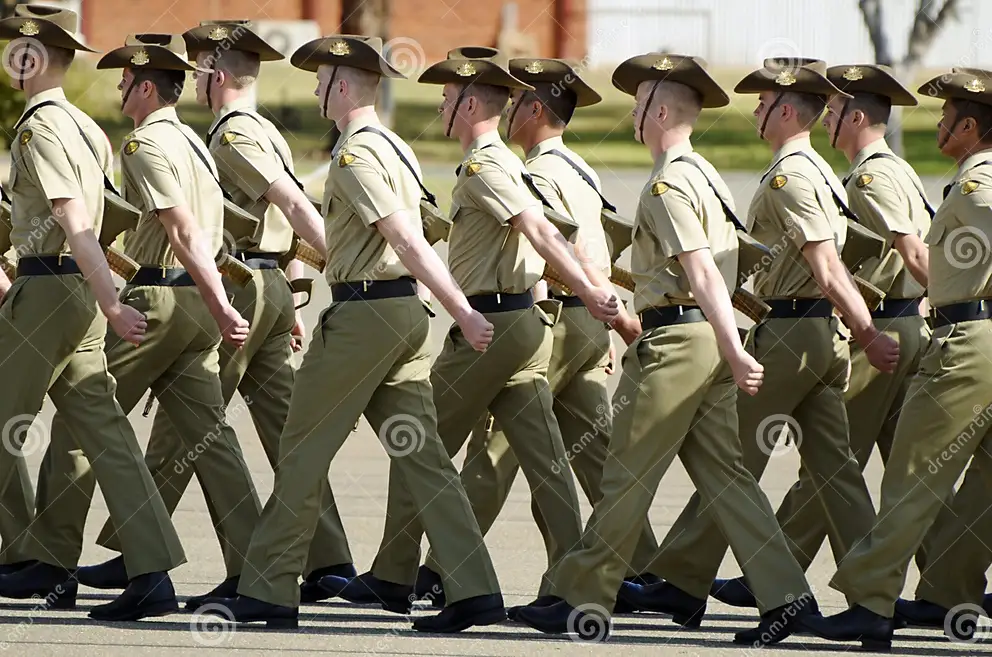
Ready Reserve Scheme Needed.
Australia is conspicuously lagging in Defence recruitment, with the gap widening annually. The Australian Defence Force and defence industry grapple with substantial workforce challenges, as highlighted in the recent Defence Strategic Review (DSR). The DSR advocates for expediting recruitment processes, aiming for days rather than months, and proposes alterations to the recruitment framework. Additionally, it suggests a comprehensive review of ADF Reserves by 2025 and contemplates reintroducing a Ready Reserve Scheme.
Despite a federal target to increase armed forces to 80,000 personnel by 2040, doubts arise about the nation’s readiness to engage in an Indo-Pacific conflict. The prevailing “she’ll be right” attitude, reliance on colonial powers, and historical isolation from conflicts hinder preparedness. A survey reveals a lack of collective spirit, with 46% inclined to stay and fight, while 28% would leave in a crisis.
Moreover, Australia’s disinterest in defence is compounded by decades of political opposition to civilian defence policies, stringent firearms legislation, and restrictions on combat-style sports. This has resulted in a low rate of licensed gun owners (3.41 per 100 people), limiting the pool of individuals familiar with military skills.
Comparatively, other nations in the Indo-Pacific and Europe successfully implement compulsory military service. Singapore, South Korea, Sweden, and Finland have models ensuring citizens’ participation in defence. In contrast, China and Russia utilize state-run education programs and conscription to boost military recruitment significantly.
Recent developments in China and Russia highlight their commitment to patriotic education, blending ideology, history, culture, and military training in schools and universities. This approach fosters a sense of responsibility and respect for weapons, contributing to a society more amenable to military service.
In conclusion, Australia faces a widening gap in Defence recruitment, hindered by cultural attitudes, legislative restrictions, and a lack of compulsory service. Addressing these issues is crucial to building a robust defence network in the face of evolving geopolitical challenges.




What do they expect when it is widely published that they critucise and hold our highest ranking VC winner up for ridicule by the highest ranking officers or as we used to call them (shiny arses). When they are the ones who should be held up to ridicule, I bet they have never fired a shot in anger.
I totally agree with the view of a possible two year compulsory military service, be it in either of the three services.
Yes, but not just the men.
I believe it would be the best thing possible for men and women to be trained
Could help with the youth crime crisis?